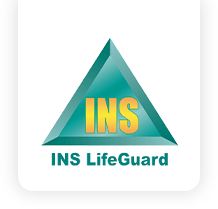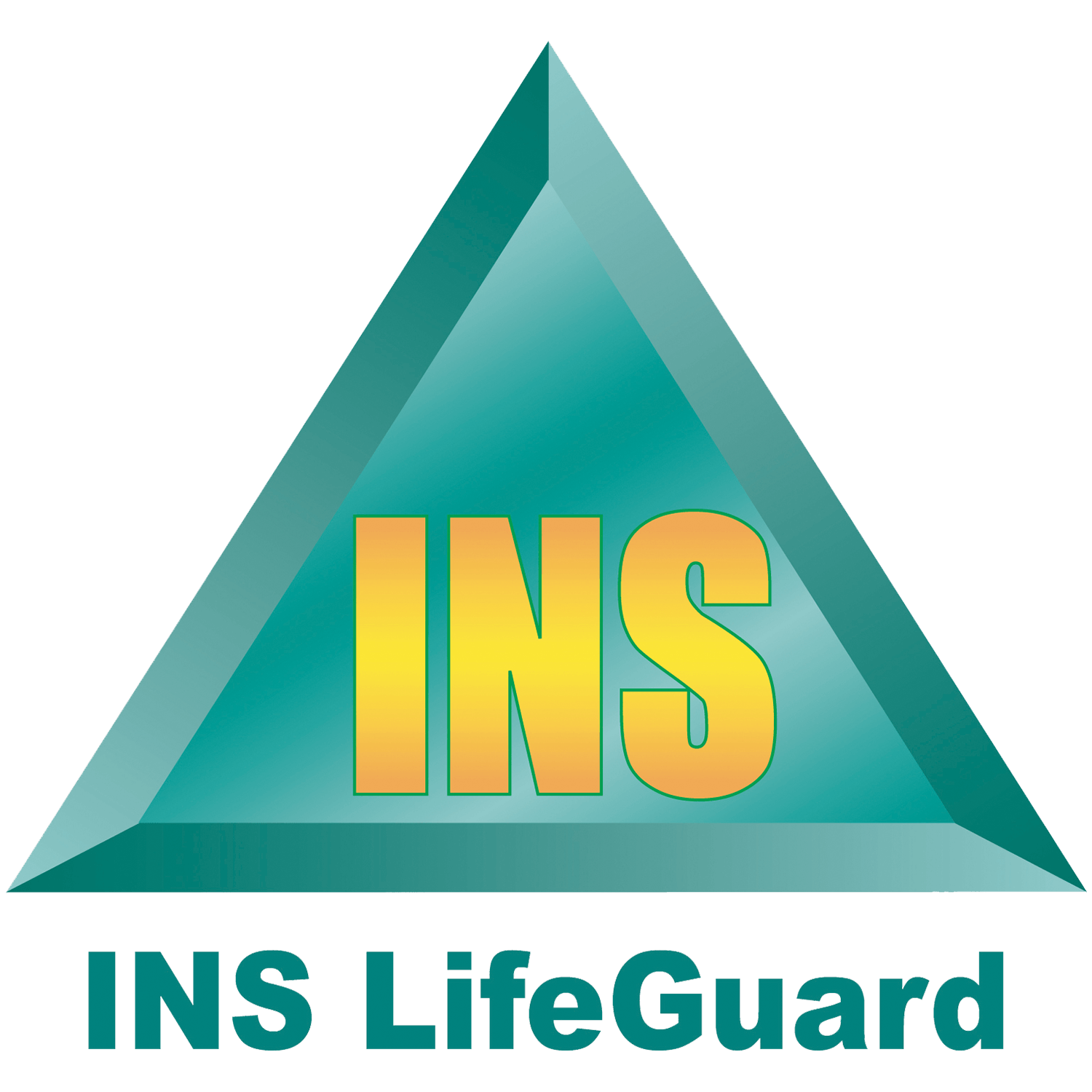INS LifeGuard
INS LifeGuard
International Enquiries
Who is Eligible for the NDIS?

Want to know if you, a loved one, or someone you know is eligible for NDIS funding? In this blog entry, we will briefly explain what the NDIS is, list down the Scheme’s access requirements, and give some information about eligibility and medical conditions.
What is the NDIS?
The National Disability Insurance Scheme, or also better known as the NDIS, is a scheme rolled out by the Australian Government to provide individualised support to people with disability and make it possible for them to lead productive and fulfilling lives. Whether the disability is physical, intellectual, sensory, psychosocial, or cognitive, a person may be able to access the supports and services offered by the NDIS if they satisfy the Scheme’s access requirements.
What are the NDIS Access Requirements?
An individual must meet the following to be eligible for the NDIS:
- live in Australia
- be between the ages of 7 and 65
- have a permanent and significant disability
- be an Australian citizen, or hold a Permanent Visa or a Protected Special Category Visa
- need support from a person or special equipment to carry out everyday activities
- require some supports to reduce future needs
Impairments Caused by a Disease or Medical Condition
Whether an individual’s impairment came from birth or is caused by a disease, injury or accident, they may satisfy the NDIS access requirements. In order to be eligible for NDIS funding, the medical condition or disease must cause permanent impairment resulting to significant disability. A permanent impairment may be physical, intellectual, neurological, cognitive, psychosocial, hearing, or visual.
Medical Conditions Covered by the NDIS
List A Medical conditions
are likely to meet NDIS access requirements because these conditions can significantly impair an individual’s functional capacity. These conditions include genetic conditions, intellectual disability, cerebral palsy, permanent blindness, spinal cord injury, brain injury, and amputation, among many others. If you, your loved one, or your patient is dealing with any of these conditions, you only need to prove that they are dealing with the condition and that it has been officially diagnosed by a professional in the medical field.
List B Medical conditions
are also considered to cause lifelong impairment. These include intellectual disability, Asperger syndrome, Alzheimer’s dementia, chromosomal abnormalities, amputations, and more. However, having one of these conditions doesn’t automatically mean that you meet the disability requirements.
To be eligible for NDIS funding, persons diagnosed with List B medical conditions will need to demonstrate that their functional capacity is substantially reduced, that their capacity for social or economic participation is affected, and that they are likely to require the support offered by the NDIS for the rest of their lives.
To see a complete detailed list of List A and List B medical conditions, click here for List A and visit this link for List B.
Medical Conditions NOT Covered by the NDIS
Persons with time-limited medical conditions are not eligible for NDIS funding. For example, if the condition is likely to resolve with enough treatment and rest (like a bone fracture), it will not be covered the NDIS.
Moreover, persons diagnosed with chronic conditions that are not related to their disability will not meet the NDIS access requirements. For instance, if an individual has a physical impairment resulting in disability secondary to a health condition, they may be eligible for NDIS funding. But if a person only has a medical condition that doesn’t result to any form of disability, they will not receive funding from the NDIS.
Think You’re Eligible? Apply for the NDIS Today
If you think that you might be eligible for the NDIS, you can download the NDIS Access Request Form on the NDIS website and then follow the instructions there for submitting. Or if you are already an NDIS participant and want to connect with an NDIS registered care provider that can support you in your goal to remain independent, click here to find out more.

About
INS LifeGuard is the only 24/7 nurse on-call personal and medical monitoring in Australia. We provide monitoring technology for both in the home and on the go and can also monitor other provider's equipment. Our services are suitable for anyone wanting support to stay independent such as the elderly, those with medical conditions and disabilities plus enhancing safety and security for lone workers.
Related Articles

-
Visit our website here
I hope you enjoy reading this blog post
INS LifeGuard is the only nurse on-call personal and medical alarm service in Australia. If you would like more information about INS LifeGuards solutions, visit our website here.
I hope you enjoy reading this blog post.
INS LifeGuard is the only nurse on-call personal and medical alarm service in Australia. If you would like more information about INS LifeGuards solutions, visit our website
here.

INS LifeGuard is the only nurse on-call personal emergency response service in Australia. We have a commitment to healthcare innovation which includes personal alarms and medical alert solutions that make independence easier, safer and more enjoyable.
Our services support Seniors, Carers, Providers, NDIS Participants, Retirement Villages, DVA, Lone Workers and anyone that wants the security that help is a press of a button away.
Quicklinks
LATEST POSTS
INS LifeGuard is the only nurse on-call personal emergency response service in Australia. We have a commitment to healthcare innovation which includes personal alarms and medical alert solutions that make independence easier, safer and more enjoyable.
Our services support Seniors, Carers, Providers, NDIS Participants, Retirement Villages, DVA, Lone Workers and anyone that wants the security that help is a press of a button away.
LATEST POSTS
Newsletter Archive
PO Box 485 Unanderra NSW 2526 Australia
INS LifeGuard
International Enquiries












